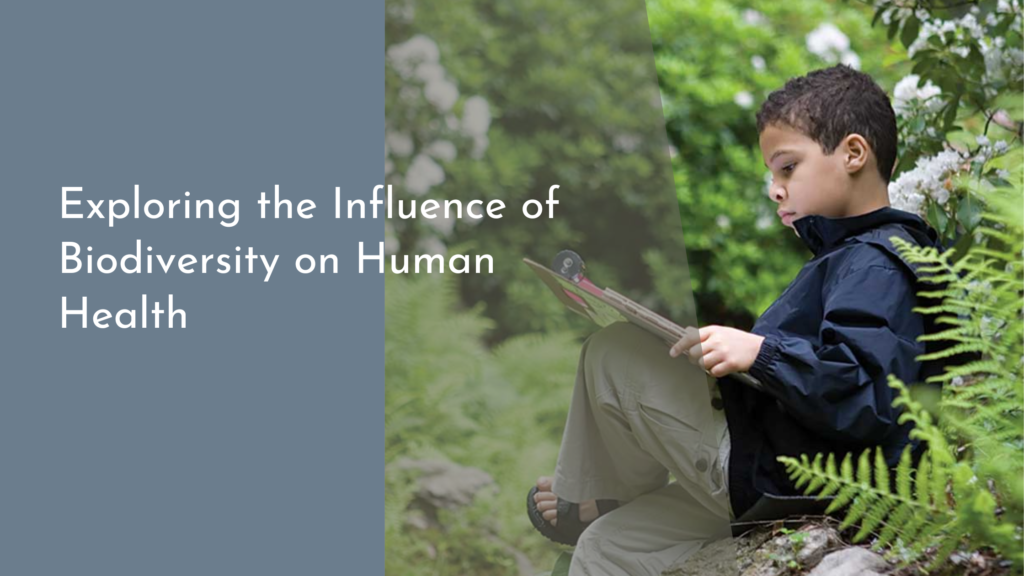Community Initiatives for Water Conservation
Water is an essential resource that sustains life on our planet. With increasing concerns over water scarcity and the effects of climate change, communities worldwide are taking proactive measures to conserve water and ensure its availability for future generations. Community initiatives for water conservation play a crucial role in this effort, involving collective action and local expertise to address water challenges effectively. By exploring the importance of water conservation, understanding how communities are leading the charge, examining successful case studies, and learning how individuals can participate, we can all contribute to a more sustainable water future.
Understanding the Importance of Water Conservation
Water conservation is vital because it ensures the sustainable management and equitable distribution of a finite and essential resource. As populations grow and urban areas expand, the demand for water increases, placing pressure on existing water supplies. In many regions, overuse of water resources has led to lowered water tables, depleted reservoirs, and stressed ecosystems. By conserving water, communities can mitigate these issues, protect natural habitats, and reduce the energy required for water treatment and transportation, ultimately contributing to a healthier planet.
Additionally, water conservation is a key response to the impacts of climate change, which exacerbate water scarcity and alter precipitation patterns. With more frequent droughts and unpredictable weather, efficient water use becomes even more critical. By adopting conservation strategies, communities can build resilience against these challenges, ensuring a steady water supply even in times of scarcity. Water conservation also plays a role in reducing carbon footprints, as less energy-intensive water management translates to fewer greenhouse gas emissions. Hence, understanding and implementing water conservation practices are essential for environmental sustainability and community resilience.
Overview of Community-Led Water Initiatives
Community-led water initiatives are grassroots efforts that empower local populations to take collective action in managing and conserving water resources. These initiatives often involve educational programs, workshops, and campaigns that raise awareness about the importance of water conservation and provide practical solutions for reducing water usage. By engaging community members directly, these initiatives foster a sense of ownership and responsibility, encouraging individuals to adopt sustainable water practices in their daily lives.
Moreover, community-led initiatives often involve collaboration with local governments, non-profit organizations, and businesses to develop and implement water-saving technologies and infrastructure. For example, communities may work together to install rainwater harvesting systems, promote the use of low-flow fixtures, or establish community gardens that utilize drought-resistant plants. By pooling resources and knowledge, these initiatives can achieve significant water savings and inspire others to take similar actions. Community participation not only enhances the effectiveness of conservation efforts but also strengthens social bonds and fosters a spirit of cooperation and shared purpose.
Successful Case Studies and Best Practices
One exemplary community-led water conservation initiative is the "Water Wise" project in Cape Town, South Africa. Faced with severe drought conditions, residents came together to drastically reduce water consumption, implementing measures such as reusing greywater for irrigation, fixing leaks promptly, and reducing shower times. Community workshops provided education on water-efficient practices, while local businesses supported the initiative by offering discounts on water-saving devices. This collective effort led to a remarkable reduction in water usage and showcased the power of community action in times of crisis.
Another successful case is the "Smart Water" initiative in Melbourne, Australia. This program focuses on integrating smart technology with community engagement to optimize water use. By installing smart meters and sensors, residents receive real-time data on water consumption, enabling them to identify leaks and adjust their usage patterns accordingly. Educational campaigns and incentives further encourage water savings, and the initiative’s success is evidenced by the significant decrease in water consumption across Melbourne. These case studies highlight the importance of combining community involvement with innovative technologies to achieve sustainable water management.
How You Can Get Involved and Make a Difference
Getting involved in water conservation efforts is a rewarding way to contribute to your community and the environment. Start by educating yourself and others about the importance of water conservation and the impact of water scarcity. Participate in local workshops, join community groups focused on sustainability, or volunteer with organizations dedicated to water conservation. Sharing knowledge and encouraging others to adopt water-saving practices can create a ripple effect, amplifying the impact of individual efforts.
On a personal level, there are numerous simple actions you can take to conserve water. Install water-efficient fixtures in your home, such as low-flow toilets and showerheads, and fix leaks promptly. Practice mindful water usage by turning off taps while brushing your teeth, taking shorter showers, and only running the dishwasher or washing machine with full loads. Additionally, consider collecting rainwater for garden use and choosing native plants that require less water. By integrating these practices into your daily routine, you can make a meaningful difference in conserving water resources.
Water conservation is not just a global challenge but a local opportunity to make a positive impact. Through community initiatives and individual actions, we can collectively address the pressing issue of water scarcity and pave the way for a sustainable future. Whether by participating in community-led projects or making conscious choices in our own lives, each of us has the power to contribute to water conservation. Let’s embrace the spirit of collaboration and innovation to ensure that this vital resource is available for generations to come.

